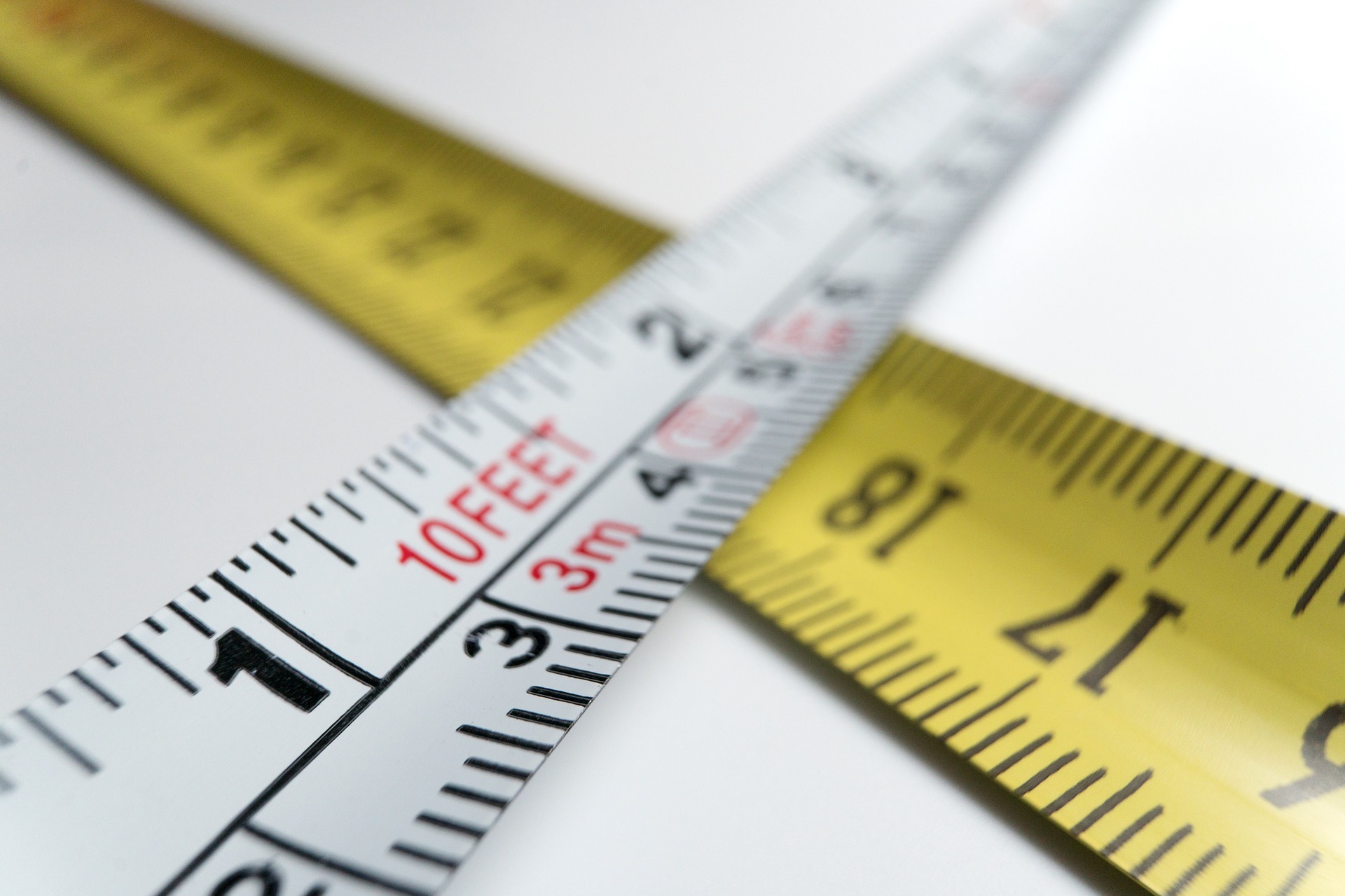Have you ever watched a flock of birds? In particular, those of starlings?
Here is an example if you haven’t:
It’s utterly mesmerizing to watch isn’t it? Part spectacle, all grandeur. What’s uniquely amazing is that there is no particular leader of the group you can observe.
Each individual bird has to figure out where they are in relationship to their neighbor and adjust themselves accordingly. If their neighbor shifts over to the left, then they need do so. In concert, their neighbor to the left also shifts further to their left. While each individual fights for their own balance amidst their peers in pursuit of a dynamic equilibrium, a certain behavior of the system emerges that seems to have a personality of its own.
The analogy between flock behavior and how we go through our own lives is obvious. We humans are herd creatures (even the most introverted of us, like me!) and we learn from infancy the ability to adjust our countenance based on who we are with and where we are. It’s natural and instinctive.
Orienting our awareness to our environment means we always have our metaphorical ruler out and ready to test our surroundings. When we’re very young, that means we measure our figurative proximity from our parents and use that to gauge where we are in the world based. When we’re only a bit older, our friends and peers can have a tremendous influence on our own behavior – good, bad and indifferent. Older still, and we graduate from school into the workplace where we learn how to navigate the emotional rapids of that environment. Older yet, and we find that maturity means shifting from reacting to our environment toward understanding what it means to impose our own will upon it.
But all of that relies on our ability to sense our surroundings, to sense where we are in relationship to the world. So that means that metaphorical ruler is always out and ready. We might use different terms for it – the gut” is a good one – but it’s all the same muscle. We use that muscle to answer questions we have about our place. What are others doing? Am I doing the same? Should I do the same? Am I “normal”? (And is that what I want to be?) Or am I “different”? (And is that what I want to be?) No matter how self-assured we are, we have a primal need to sense where we are in the herd.
And despite what you might read and be told, this is not a bad thing. We can be our own person, march to the beat of our own drummer and act upon what is inside us – all great advice, I’m sure I’ve written in other posts the importance of these – but our social self will always exist. We will care what other people think, even if it‘s a select few. Where we stand in relation to our peers, our family, our friends – they all matter to us.
But there is a trap, one I’ve fallen into many times. I still do it, truth particular,.
The one mistake I constantly make is not that I use that ruler in measuring other people’s outsides. (Which is all we can evaluate, ultimately.) No, the mistake I make is using that same ruler I use to measure other people’s outsides to measure *my* insides. Who I am.
That won’t work. Wrong scale. Wrong dimension. Apples and oranges. Parsecs and light-years. (Remind George Lucas of that, please.)
If you compare your own feeling state to an observation about how someone appears in the world, you will never measure up. It’s an easy enough trap, since so much of our social self example on evaluating other people’s actions. And we view someone else’s exterior as “fixed”, right? The evaluation we make of others has to have solidity, some fixed value, some element of judgement. (“My, he’s nice!” “That girl *is* confident.” “He’s a troublemaker.”) Go through your peers, I’m sure you can rattle off those conclusions. There‘s probably an evolutionary reason for this, some advantage that a decisive conclusion has over the alternative. (Can you imagine a bird in that flock questioning whether a neighbor is too close or not? Collisions galore!) Better to judge and overreact than equivocate and be eaten, I suppose.
But we should know we – as individuals – are rarely one thing or the other. Even if we view ourselves as mostly “kind”, we can be cruel. And have been, one time in our lives. Between any given duality, we fall somewhere on the spectrum – rarely completely one side or the other. But we rarely give that same consideration to others – most of the time we measure them to be “X” or “Y”. We compare our grey to the other’s black or white.
I started out this post by saying “Forget the ruler”. But I realize that’s almost an impossibility, improbably naïve. You will measure yourself. You will measure others. Just keep in mind what the limitations of that ruler is – lest it rule you.
